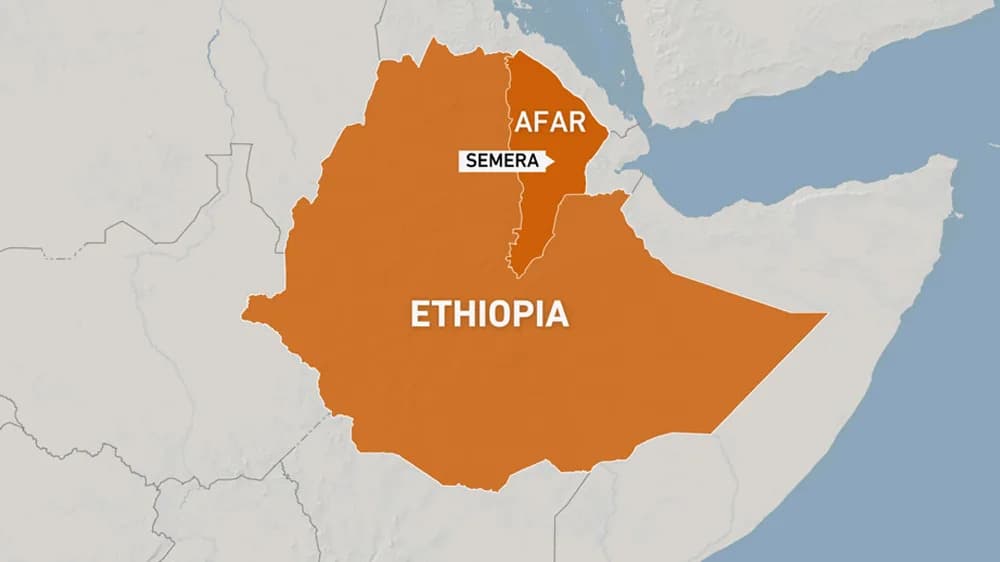Ethiopia has confirmed its first-ever Marburg virus outbreak, with nine cases reported in the southern Omo region bordering South Sudan. WHO is supporting the country's rapid response, which includes isolation of patients, contact tracing and community screenings. Marburg is a rare but severe hemorrhagic fever related to Ebola; there is no licensed vaccine or specific antiviral, so care is supportive. Authorities urge calm, adherence to health guidance and prompt medical attention for symptoms.
Ethiopia Confirms First Marburg Outbreak — Nine Cases Detected in Omo Border Region

Ethiopia confirms first outbreak of Marburg virus disease
Ethiopia has confirmed its first-ever outbreak of Marburg virus disease, reporting nine confirmed cases in the southern Omo region, which borders South Sudan. The Ministry of Health, supported by the World Health Organization (WHO) and regional health agencies, said infected patients have been isolated and are receiving care.
Rapid response and international support
WHO Director-General Tedros Adhanom Ghebreyesus praised Ethiopian health authorities on social media for their "rapid and transparent response," saying the swift action demonstrates the country's commitment to containing the outbreak. The WHO is actively supporting Ethiopia with case management, laboratory testing, contact tracing and measures to limit cross-border spread. Africa CDC Director-General Jean Kaseya expressed concern because the outbreak occurred near the South Sudan border, noting the potential risks posed by neighboring areas with strained health systems.
About Marburg virus
Marburg virus is a member of the Filoviridae family, the same group of viruses that includes Ebola. It is considered a rare but severe viral hemorrhagic fever. The virus is believed to originate in Egyptian fruit bats and can spread between people through direct contact with the bodily fluids of an infected person or with objects contaminated by those fluids (for example, clothing, bedding or medical equipment).
Common symptoms include sudden fever, severe headache, muscle aches, rash in some cases, vomiting, diarrhea and, in severe cases, uncontrolled bleeding. There is currently no licensed vaccine or specific antiviral treatment for Marburg; medical care focuses on supportive treatment — hydration, symptom management and intensive care when needed.
Public-health actions underway
- Community-wide screenings and public awareness campaigns have been launched.
- Cases are isolated and receiving supportive care; contact tracing and monitoring are in progress.
- Laboratory testing and surveillance have been intensified to rapidly identify additional cases.
The Ethiopian Ministry of Health urged the public not to panic, to follow official health guidance and to seek prompt medical attention if they develop symptoms consistent with Marburg virus disease. As of the latest reports, no other African country has reported Marburg cases in recent weeks.
Key message: Early detection, isolation, thorough contact tracing and supportive medical care are central to containing Marburg outbreaks. Cross-border coordination is critical given the proximity of affected communities to neighboring countries.
Help us improve.




























